December 31, 2024 | 04:06 GMT +7
December 31, 2024 | 04:06 GMT +7
Hotline: 0913.378.918
December 31, 2024 | 04:06 GMT +7
Hotline: 0913.378.918
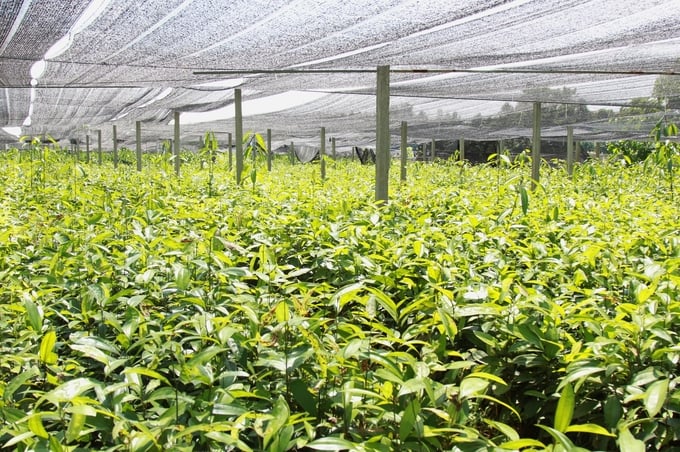
The native cinnamon tree in Van Yen is considered to have valuable genetic resources and high essential oil content. Photo: Thanh Tien.
Van Yen's native cinnamon trees are recognized for their valuable genetic resources and rich essential oil content (as depicted in the photo by Thanh Tien). Cinnamon, a tree with significant economic value, provides wood for household items and construction, bark for medicinal and culinary purposes, and leaves for essential oil distillation to meet domestic and international demand. Currently, Van Yen district is the largest cinnamon producer in Yen Bai province, earning its title as the "first mountain of cinnamon pearls" due to its precious genetic resources, high essential oil content, and excellent quality.
The indigenous cinnamon variety in Van Yen has deep historical roots, particularly among the Dao ethnic community, spanning centuries. Despite market fluctuations, Van Yen's cinnamon trees have consistently progressed towards efficient production, improved economic outcomes, and enhanced the local ecological environment.
Cinnamon cultivation extends across all 25 communes and towns in the district, covering a total area exceeding 55,000 hectares, with a concentration of over 30,000 hectares dedicated to cinnamon. The region designated with geographical indication status encompasses eight communes on the right bank of the Red River: Vien Son, Phong Du Thuong, Phong Du Ha, Xuan Tam, Chau Que Ha, Tan Hop, Dai Son, and Mo Vang.
The economic significance of cinnamon has led to its extensive cultivation in numerous regions across the country. Presently, Vietnam boasts a cinnamon cultivation area of approximately 180,000 hectares, primarily in the Northern and North Central mountainous areas. However, the surge in demand for sizable seed sources has inadvertently given rise to the proliferation of cinnamon seeds in the market, reaching thousands of individuals and prompting the establishment of small-scale, impromptu nurseries. Consequently, cinnamon seeds and trees, often mislabeled as Van Yen cinnamon, have found their way to various locations.
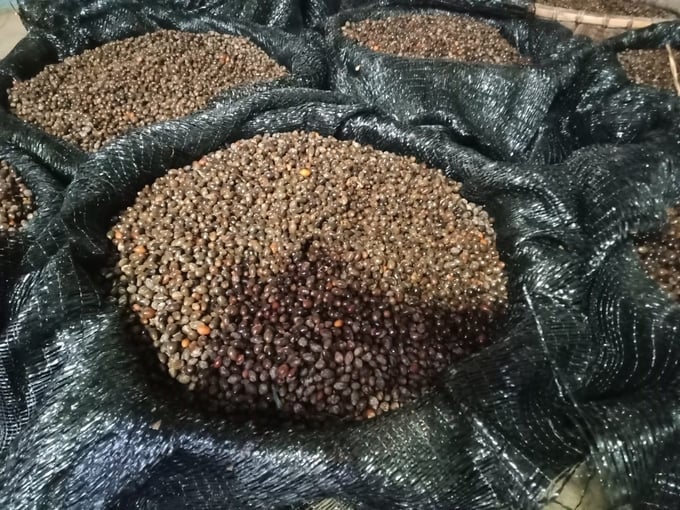
Recently, cinnamon seeds have been difficult to control, leading to the Van Yen cinnamon area's reputation being affected. Photo: Thanh Tien.
In some instances, the aftermath has been less than favorable, with many cinnamon trees perishing post-planting and others succumbing to pest infestations, hindering their development. The root cause lies in individuals purchasing seedlings from markets or other locales where the quality of the seedlings is not guaranteed. These issues have adversely impacted the longstanding reputation of Van Yen's Dao people as cultivators of high-quality cinnamon over several centuries.
Mr. Nguyen Van Quyen, Deputy Head of the Department of Agriculture and Rural Development in Van Yen district, expressed concern about the recent tarnishing of Van Yen's cinnamon raw material area's reputation. This decline is attributed to the unregulated proliferation of unlicensed nurseries, growing unchecked and sourced from various locations, including neighboring countries like China. Furthermore, the indiscriminate harvesting of flowers and fruit from many cinnamon trees, without proper research or evaluation of their quality, exacerbates the situation.
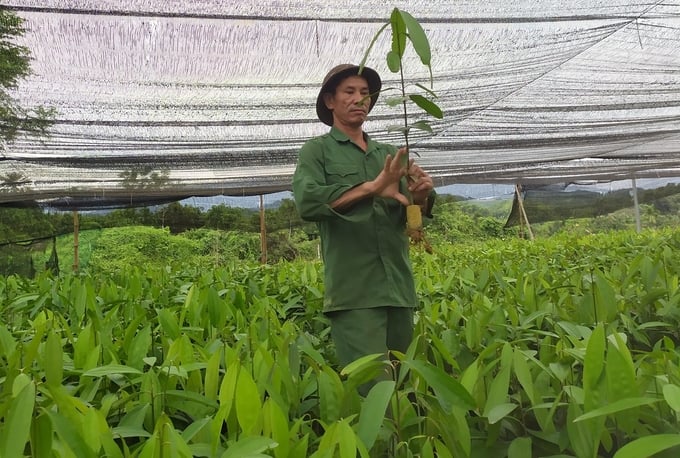
The quality of seeds and seedlings will affect the long-term benefits of forest growers and raw material areas. Photo: Thanh Tien.
In response to the challenges faced, Van Yen district has proactively collaborated with relevant agencies to undertake comprehensive research, preservation, and development initiatives for local specialty cinnamon varieties. The district has unequivocally identified the selection of seedlings as a pivotal step in ensuring the establishment of a high-quality cinnamon raw material area.
In 2017, Thai Nguyen University of Agriculture and Forestry spearheaded a research project focusing on the genetic resources of Van Yen cinnamon trees. The project involved surveying cinnamon areas aged 10 to 20 years, with specific emphasis on two forest stands covering 22 hectares in Xuan Tam and Chau Que Ha communes.
The researchers meticulously selected 40 outstanding trees based on criteria such as bark thickness, straightness, roundness, a wide canopy, and superior vitality compared to average trees in the forest stand. The chosen trees serve as seed sources for the extraction of bark, wood, and leaves, with a recommendation to consider both growth criteria and bark yield when selecting cinnamon varieties.
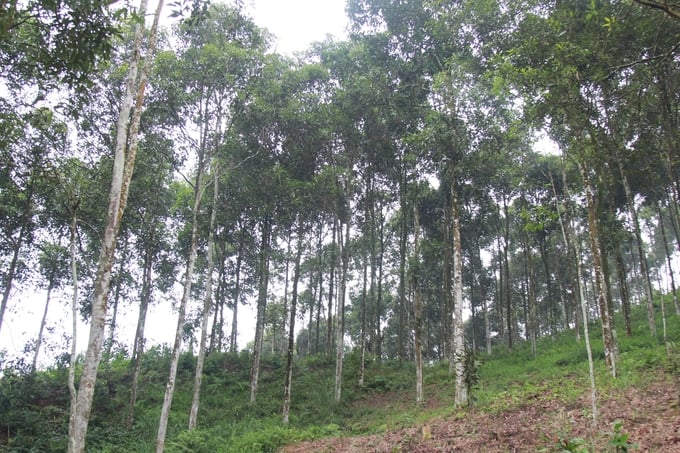
Dominant cinnamon trees over 20 years old are selected as mother trees to produce seeds. Photo: Thanh Tien.
Mr. Luu Trung Kien, Vice Chairman of Van Yen District People's Committee, emphasized the district's commitment to preserving high-quality cinnamon varieties for production. To achieve this, the agricultural sector has been directed to review and designate areas containing ancient cinnamon trees (trees aged 20 years or more) for transformation into high-quality seed forests. On average, each ancient cinnamon tree yields 20 to 30kg of seeds per year, meeting the planting requirements for 20 to 30 hectares. Annually, the district supplies approximately 40 tons of seeds and nearly 10 million cinnamon seedlings to both local and external areas.
In a noteworthy recognition by the Department of Agriculture and Rural Development of Yen Bai province in 2023, Van Yen district was acknowledged for two sources of cinnamon varieties transformed from planted forests, covering an area of nearly 13 hectares in Vien Son and Yen Phu communes. Presently, the entire district boasts seven recognized sources of cinnamon varieties as seed forests transformed from planted forests, encompassing a total area of nearly 75 hectares. Additionally, proactive monitoring of the seed material harvesting process ensures adherence to correct techniques, seasonality, quality standards, and accurate geographical specifications. This meticulous approach reinforces the district's commitment to the sustainable and responsible management of its valuable cinnamon genetic heritage.
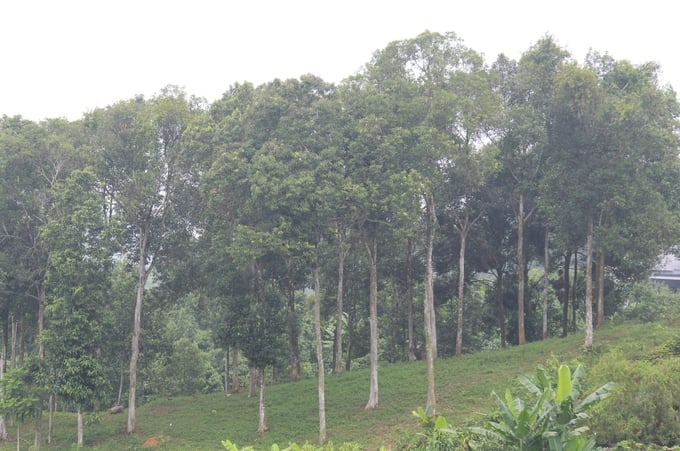
There have been 7 sources of cinnamon varieties in Van Yen recognized as seed forests transformed from planted forests. Photo: Thanh Tien.
Much like numerous other regions, Van Yen hosts over 300 establishments engaged in the production and trade of forestry plant varieties, predominantly focusing on cinnamon trees. Presently, only five individuals and organizations hold licenses for production and business activities, while the remaining establishments operate informally. Over the past two years, an excess of cinnamon seedlings, totaling about 10 million, has inundated the market, posing a significant challenge in terms of finding viable avenues for consumption. Nurseries, grappling with this surplus, can only manage to sell a modest percentage, ranging between 10% and 30% of the total seedlings.
In response to this situation, authorities at all levels in the district must collaborate effectively to implement stringent management practices over the production and trade of forestry varieties, with a specific focus on cinnamon trees. Establishing seed gardens and seed forests that adhere to industry standards, exhibit robust growth, and remain free from pests and diseases is imperative. This strategic approach not only ensures the preservation of the invaluable genetic resources inherent to indigenous cinnamon varieties but also serves to safeguard the integrity of the esteemed "first high mountain" cinnamon region in the Northwest.
Translated by Quynh Chi
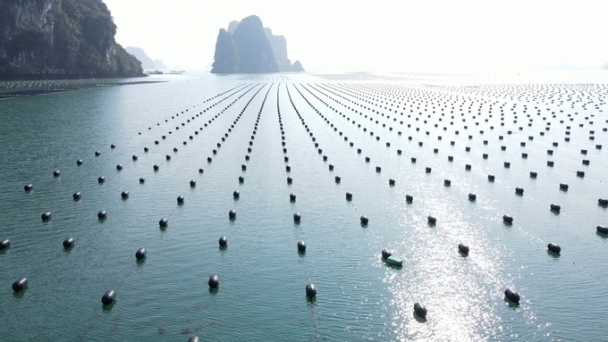
(VAN) Deputy Minister of Agriculture and Rural Development Phung Duc Tien emphasized this at the conference on ‘Development of mollusk and seaweed production’ held on the morning of December 26 in Nam Dinh.
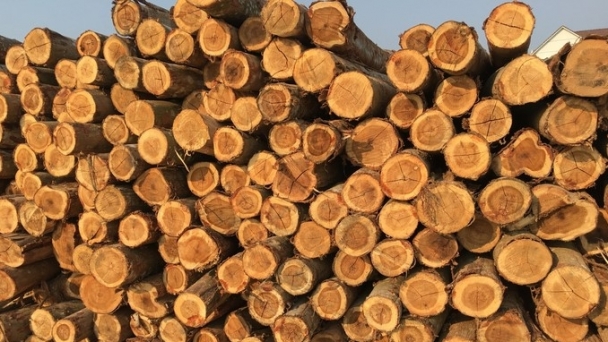
(VAN) Small planted forest timber is currently priced at 1.5 million VND/ton; large timber is priced at up to 1.8 million VND/ton; large timber with FSC certification is priced 20-30% higher than normal large timber.
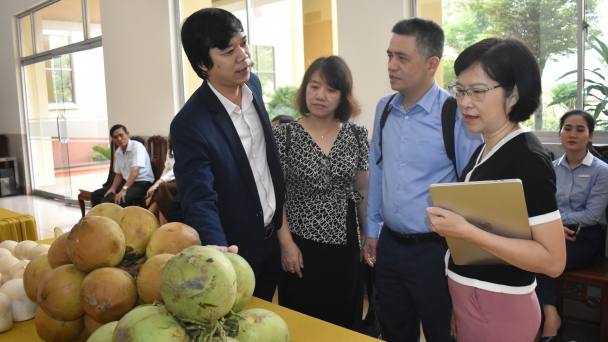
(VAN) The Vietnam Coconut Association has noted that the water coconut industry is thriving in Vietnam. Nevertheless, its development is still uneven, suggesting that there is a substantial untapped opportunity to attract foreign investors.
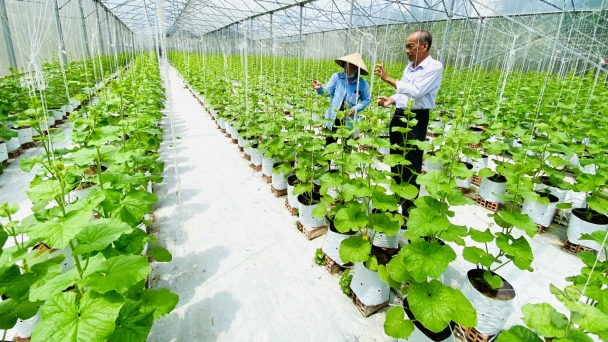
(VAN) According to the development plan for Can Tho in the 2021-2030 period, with a vision for 2045, the city will establish 7 high-tech agricultural zones and 2 concentrated livestock breeding areas.
/2024/12/17/1117-0-nongnghiep-231112.jpg)
(VAN) Spirulina products of a young girl in Da Nang city are currently not only present in many major provinces and cities in the country but also exported.
/2024/12/17/5810-1-194622_403.jpg)
(VAN) From a seemingly worthless waste product, cassava residue in Tay Ninh has become an important source of revenue for starch processing enterprises.
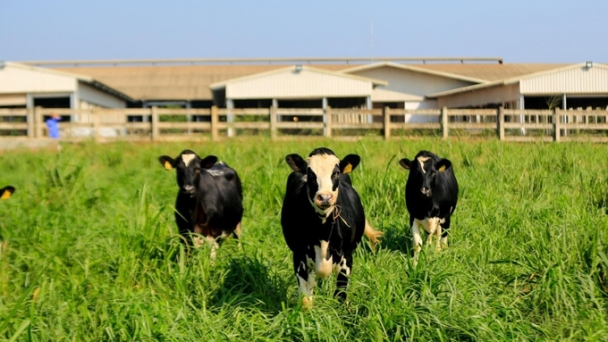
(VAN) The cattle herd at TH organic dairy farm enjoys an antibiotic-free diet of certified organic feed and exposure to sunlight that boosts their physical activity and natural immunity.